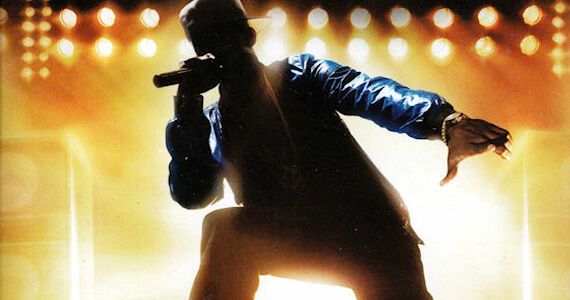In an era where copyright infringement is a growing focal point of the entertainment industry, evidenced via the US government's long battle with piracy, it's baffling to see a game developer not acquiring the neccessary rights to use audio within their title. In this case, Terminal Reality and 4mm Games allegedly did not attain the rights for a total of 54 songs and sounds that are featured in Def Jam Rapstar.
The karaoke game, released in 2010, includes unlicensed songs according to rights owner EMI. As a result, the music giants are suing Def Jam Rapstar developers Terminal Reality and 4mm Games for more than $8 million in charges as a consequence for not obtaining the rights to a considerable portion of the songs present in the game, to which they own a percentage of.
The complaint relating to unpaid royalties includes both the use of unlicensed tracks, in addition to unlicensed compositions. These include Lil Wayne's "Got Money", DJ Khaled's "I'm So Hood", and MIMS' "This Is Why I'm Hot." Sound recordings were also used without permission, EMI states, including Daft Punk's "Harder Better Faster Stronger" - its beat was used in an EMI-label-signed Kanye West song "Power".
Unveiled via New York federal court documents retrieved by The Hollywood Reporter, the report sees the music label claiming $150,000 per song. This would result in an accumulative of $8.1 million as the overall charge that has to be paid by the developers if found guilty by the court. And if it couldn't get any worse for Terminal Reality and 4mm Games, EMI is also demanding an unstipulated share of net profits for Def Jam Rapstar.
There are additional potential damages that may need to be paid due to the fact that Def Jam Rapstar is a karaoke game. How so? EMI states that it not only owns the rights (or a percentage of them) to display and distribute the songs and sounds in question, but it also owns the rights to publicly perform them. Before taking the case to court, EMI claims to have informed both developers about the label's rights to the songs within the game, as well as their requirement of royalties, but that their communications went ignored.
It's certainly an inquisitive case when taking into account the involvement of Def Jam in the game.
-
Source: THR

